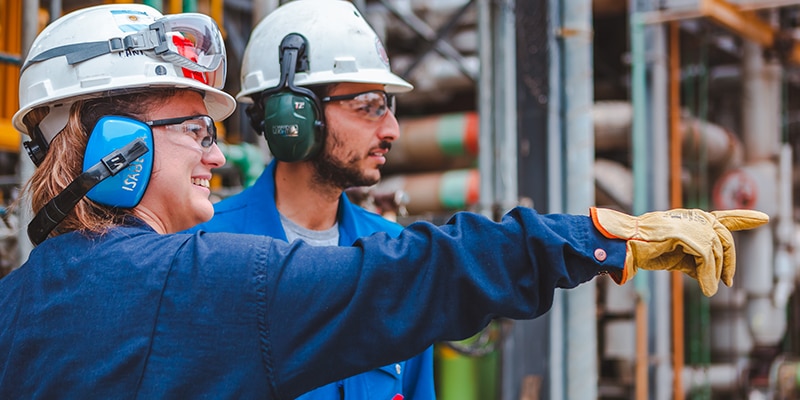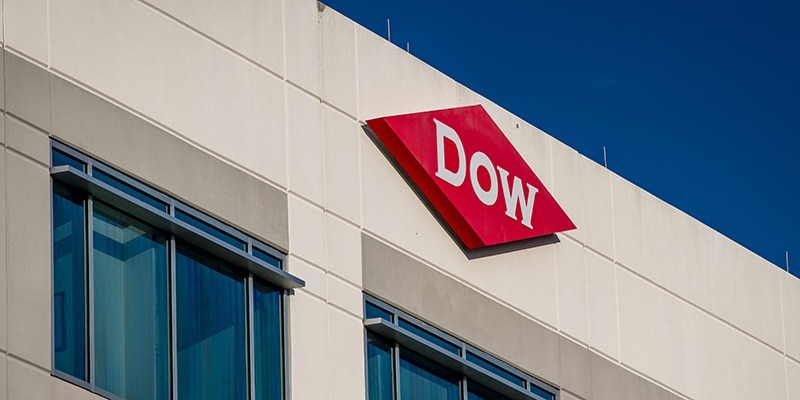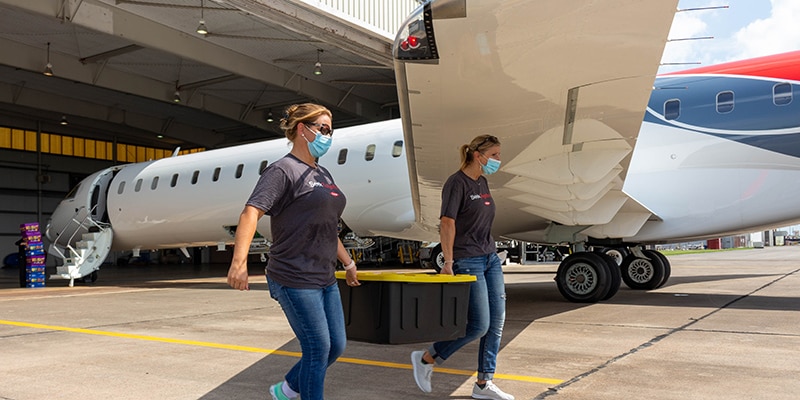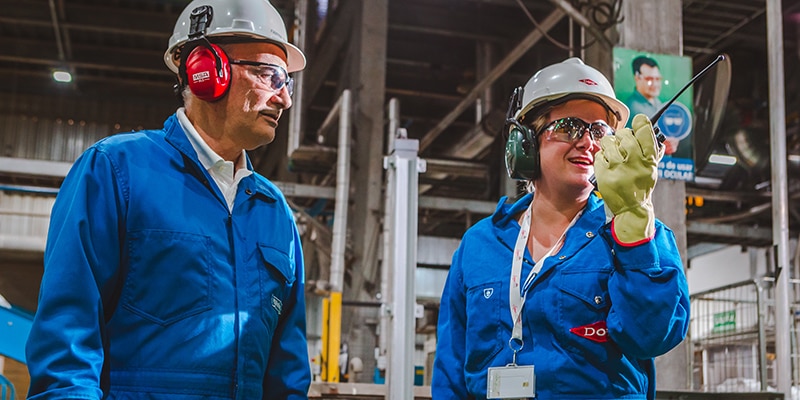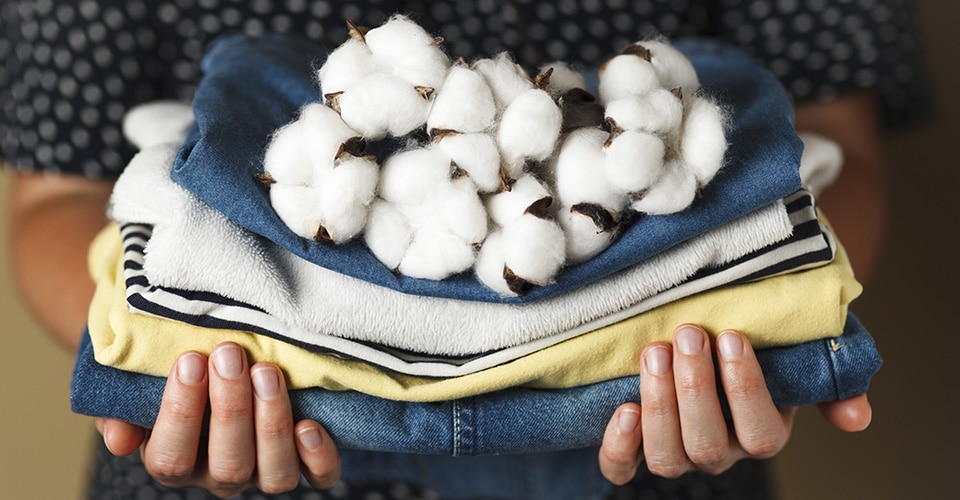
Combining expertise for more sustainable fashion
Ever wonder how much water was used to make your favorite cotton T-shirt? About 2,700 liters, or roughly three years of drinking water. What first comes to mind is probably the water that was essential to growing the cotton crop. Surprisingly, cotton is a drought-tolerant plant, and often less recognized is the strain that can be put on water resources to dye cotton textiles.
Progress is being made across the industry to lessen the strain on our precious water resources. Over the past several years, we’ve collaborated with Cotton Incorporated to research and validate our product, ECOFAST™ Pure Sustainable Textile Treatment, that can help drastically reduce water and chemical use during the dyeing process.
PROBLEM
Cotton dyeing uses up to 5 trillion liters of water a year globally
Cotton dyeing is very resource-intensive and puts strain on local waterways. A large amount of water is used in the dyeing process – up to 5 trillion liters a year, or nearly enough to supply all of humanity with drinking water. Significant amounts of chemicals and dye are needed to get the desired colors consumers expect too. This is part of the reason textile mills account for 20% of industrial water pollution globally. Wastewater from the dyeing process can be polluting and require costly treatment, and these challenges are found in regions that already face water scarcity.
SOLUTION
Combining materials science and industry expertise to create sustainable textile treatment
Reforming processes in an industry as established as textiles is no easy feat. Collaboration across the sector is needed to bring about sustainable change. With that in mind, Cotton Incorporated approached Dow. They wanted help scaling a cotton technology to support more sustainable textile dyeing. It turned out we were developing a similar technology that had improved performance, and we were looking for help too. Leveraging Cotton Incorporated’s industry expertise and Dow’s material science knowledge, we worked together to understand and validate the benefits of our patented ECOFAST™ Pure Sustainable Textile Treatment.
Why is collaborating across the value chain essential?
Collaboration is critical for change to be meaningful and sustainable. As a not-for-profit focused on conducting research to benefit every link in the cotton supply chain, Cotton Incorporated has a unique expertise that complements our own. Working with Cotton Incorporated gave important insights about our product in application. Insights that would have taken much longer to discover without the industry expertise they offered.
We also announced our collaboration with Ralph Lauren, the first fashion brand to apply this technology for more sustainable cotton dyeing. Building on our work with Cotton Incorporated, we’ve collaborated closely with Ralph Lauren to optimize the use of ECOFAST Pure as part of their new Color on Demand platform. We released a detailed manual on how to use ECOFAST Pure as a tool to encourage adoption and help standardize more sustainable cotton dyeing in the fashion and textile industries.
We will continue to reach across the value chain – working with brands, mills and others – to color cotton with integrity. Will you join us?
To learn more about advances in cationic cotton technologies, including ECOFAST™ Pure, view our joint webinar with Cotton Incorporated.
To help us scale more sustainable dyeing with ECOFAST™ Pure, contact us.
WE ARE DREAMING IN BIGGER, BOLDER WAYS
TO IMAGINE A BETTER WORLD

Welcome to the future of performance apparel

Transforming cotton dyeing through collaboration


